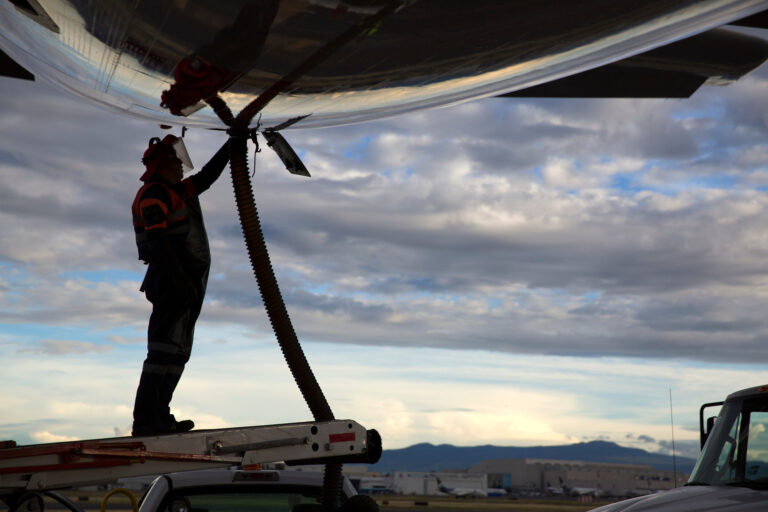The International Civil Aviation Organization (ICAO) has delivered an aviation sustainability framework at its Third Conference on Aviation Alternative Fuels (CAAF/3) with the organization and its members agreeing to target a reduction in aviation fuel emissions by 5% by 2030.
Contributing to the global aviation sector’s aim to reach net-zero emissions by 2050, the agreement confirms an international commitment to scale up the use of sustainable aviation fuels (SAF). The goal of a 5% reduction by 2030 is underpinned by a comprehensive package of policies and supporting measures to ensure all regions of the world can start producing and using SAF as soon as possible.
This agreement outlines the support available to those countries at the beginning of their SAF journey and enables them to take part in the global aviation energy transition. The participants asserted that it’s only through a shared global ambition that the industry can scale up and build the industry needed for the future.
The agreement is intended to provide clear, short-term direction for both investors and operators who are already transitioning and gives confidence to those looking to invest in cleaner aviation fuels. ICAO will reconvene by 2028 to further bolster and build upon the agreements.
Aviation Minister Anthony Browne chaired a meeting of the UK-convened International Aviation Climate Ambition Coalition and addressed the Conference on the opening day. The Coalition has a diverse membership of 62 governments and organizations committed to leading the way to net-zero aviation by 2050.
The UK’s domestic SAF Mandate requires 10% SAF in the UK fuel mix by 2030, delivering a 7% reduction in carbon emissions. The UK announced earlier this month a further £53m (US$66.9m) from its Advanced Fuels Fund to scale up the UK SAF industry and help see five commercial SAF plants under construction by 2025. The UK also launched the UK Clearing House, a national hub to support the testing and approval of new advanced fuels for aviation.
The industry is also gearing up for the first 100% SAF-powered transatlantic flight, with up to £1m (US$1.26m) of support from the UK government. The flight, operated by Virgin Atlantic in partnership with technical partners, will fly from London Heathrow to John F Kennedy International Airport on November 28.
Browne said, “Sustainable aviation is a promise that the global sector wants to make a reality – that’s why today’s agreement is so important – not only giving a renewed commitment to delivering a net-zero future but outlining the next steps in the industry’s flightpath toward it. While the UK sought to secure greater ambition, this is a significant moment in our path to sustainable flying. The UK remains steadfast in its commitment to decarbonize international aviation. This deal shows that, when the world comes together and cooperates, we can bring about real change.”
Read more of the latest regulation and policy updates from the passenger terminal industry, here.


